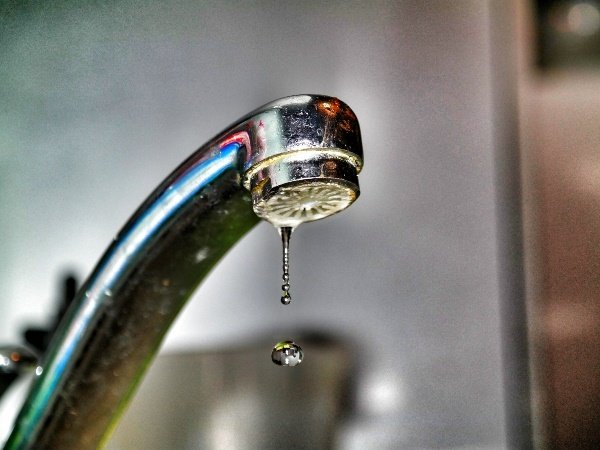Did you know that it is recommended for men and women to drink 3.7 and 2.7 liters of water per day, respectively? When added up over a year, that’s nearly 1,000 liters a year. With that much water to intake, making sure that it is clean and healthy is essential.
One way to make sure that you’re drinking good water is to use a water filtration system. Read on to learn about this topic and why it is so important.
What Is Water Filtration?
Water filtration is a method of removing harmful impurities from water prior to consumption. One way in which public health outbreaks have been known to occur is through water contamination. These outbreaks include viruses like E.Coli and Salmonella, but lesser-known toxic perfluoroalkyl substances (PFAS) are more common and could pose a greater threat.
Water filtration works through two processes. The first involves passing the water through progressively smaller holes, the larger holes remove debris and the smaller holes remove bacteria. The second method is chemical, where the water undergoes a treatment process.
What Types of Water Filters Are There?
As technology has advanced, there have become multiple methods to get filtered water. These include:
- Water pitchers
- Refrigerator filters
- Faucet-mounted filters
- On-counter filters
- Under-the-sink filters
- Whole-house filtration systems
The water pitchers and faucet-mounted filters are the most affordable, but can also be less effective than the more expensive installed models. You will also need to replace these filters routinely. Refrigerator filters typically come built-in, but these models tend to be more expensive.
Not All Filters Are Created Equal
When you are shopping for a filtration system, you should be aware that not all systems are the same in regards to removing harmful impurities. Research has shown that two-stage filters did better at removing PFASs than activated carbon filters, filtering out 94 percent versus 73 percent.
You should also check any prospective filter to see if it is NSF-certified. There are different NSF certifications, so reviewing those is a good idea. The filter’s label should provide a listing of the contaminants that it removes.
Make sure that the filter doesn’t remove fluoride from the water. This is an essential element, especially for children, that helps to prevent tooth decay.
What Else Can You Look For With a Filtration System?
Depending on your preferences and needs, there are a variety of filtration systems available in addition to the ones in this article. Aside from functionality, some portable water filtration systems are stylish and come in stainless steel rather than clear plastic.
Additionally, they may even include fluoride filters and be able to provide enough filtered water for more than a single person.
Is It Time For You To Get Filtered?
Now that you know about the importance of water filtration and the different types of filtration systems, what are you waiting for? You should review any prospective system for the cost and what it filters.
If you found this article helpful, check us out for more great content.















